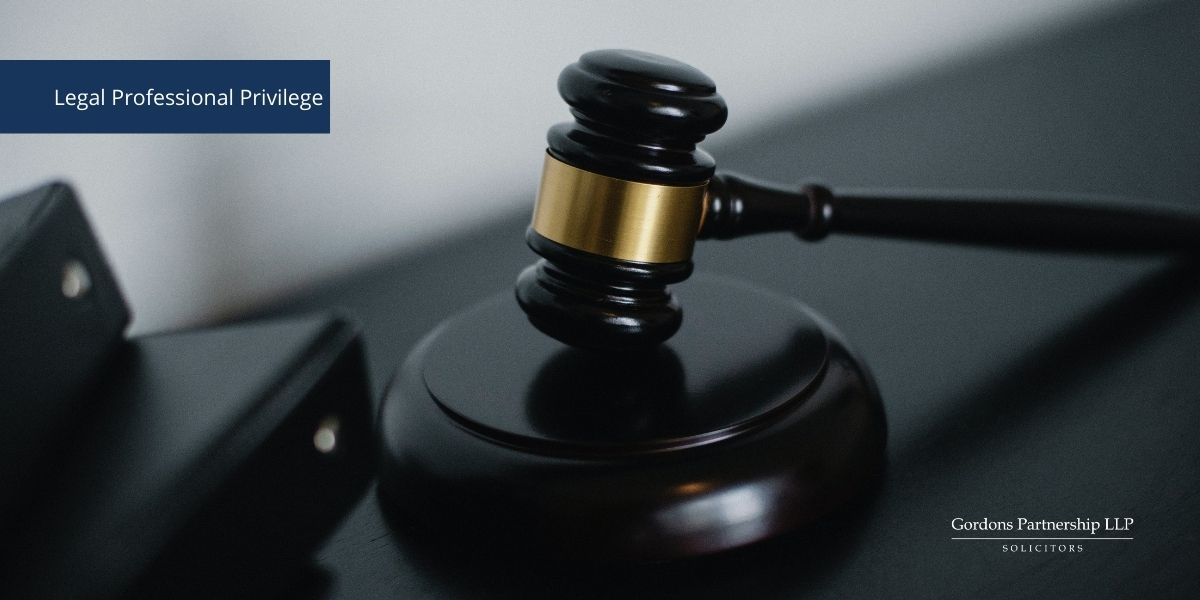Legal professional privilege protects certain confidential communications from disclosure without a client’s permission and is covered by Article 8 of the Human Rights Act 1998 – the right to respect for private life.
Legal advice privilege protects communications between a lawyer and client made in connection with the giving or receiving of legal advice. Litigation privilege protects communications between lawyers or their clients and any third party for the purpose of obtaining evidence or information in connection with existing or reasonably contemplated litigation.
Case law over the years has continually challenged what forms of ‘communication’ are privileged and whether certain circumstances deem that the same should be disclosed. The Court of Appeal (“COA”) decision in Sports Direct International plc v The Financial Reporting Council [2020] EWCA Civ 177, is no different. In this case, The Financial Reporting Council (“FRC”), exercising powers conferred on it by the Statutory Auditors and Third Country Auditors Regulations 2016 (“SATCAR”), issued statutory notices to Sports Direct (now Frasers Group Plc) requiring it to deliver up documents relevant to the FRC’s investigation of an audit firm. Sports Direct produced approximately 2,000 documents but withheld 21 emails containing 19 email attachments, arguing privilege. This was on the grounds that the emails were sent to internal and external counsel and whilst the attachments themselves were not independently privileged, created a ‘catch-all’ privileged email communication. vg6
The COA noted that the only exceptions to privilege recognised under English law are in respect of communications between a solicitor and client with a criminal purpose, or where there is a clear statutory intention to create an exclusion, where privilege can be overridden by primary legislation containing express words or by necessary implication. The COA held that the relevant wording of SATCAR is clear and stated that non-privileged documents do not attract privilege by virtue of being an attachment to a privileged communication.
Sports Direct appealed to the Supreme Court on this point, who refused to hear the appeal on the grounds that Sports Direct’s application did not raise an arguable point of law. The Supreme Court in dismissing the appeal agreed with the finding of the Court of Appeal, that a party cannot claim privilege in non-privileged documents simply because they are attached to privileged ‘communications’, such as the emails in this case.
Despite this and any other authority clarifying the position on privilege, in practice just because a client sends emails; reports; accounts and any other correspondence to their legal advisor does not mean they will no longer be subject to disclosure and inspection by the other side. If in doubt, a client should seek legal advice on this point.
Should you require more information on ‘Legal Professional Privilege’ or would like to speak to our team of specialist commercial solicitors be sure to contact us on 02074 219 421 (London), 01483 451 900 (Guildford) or make an online enquiry and we will contact you.
